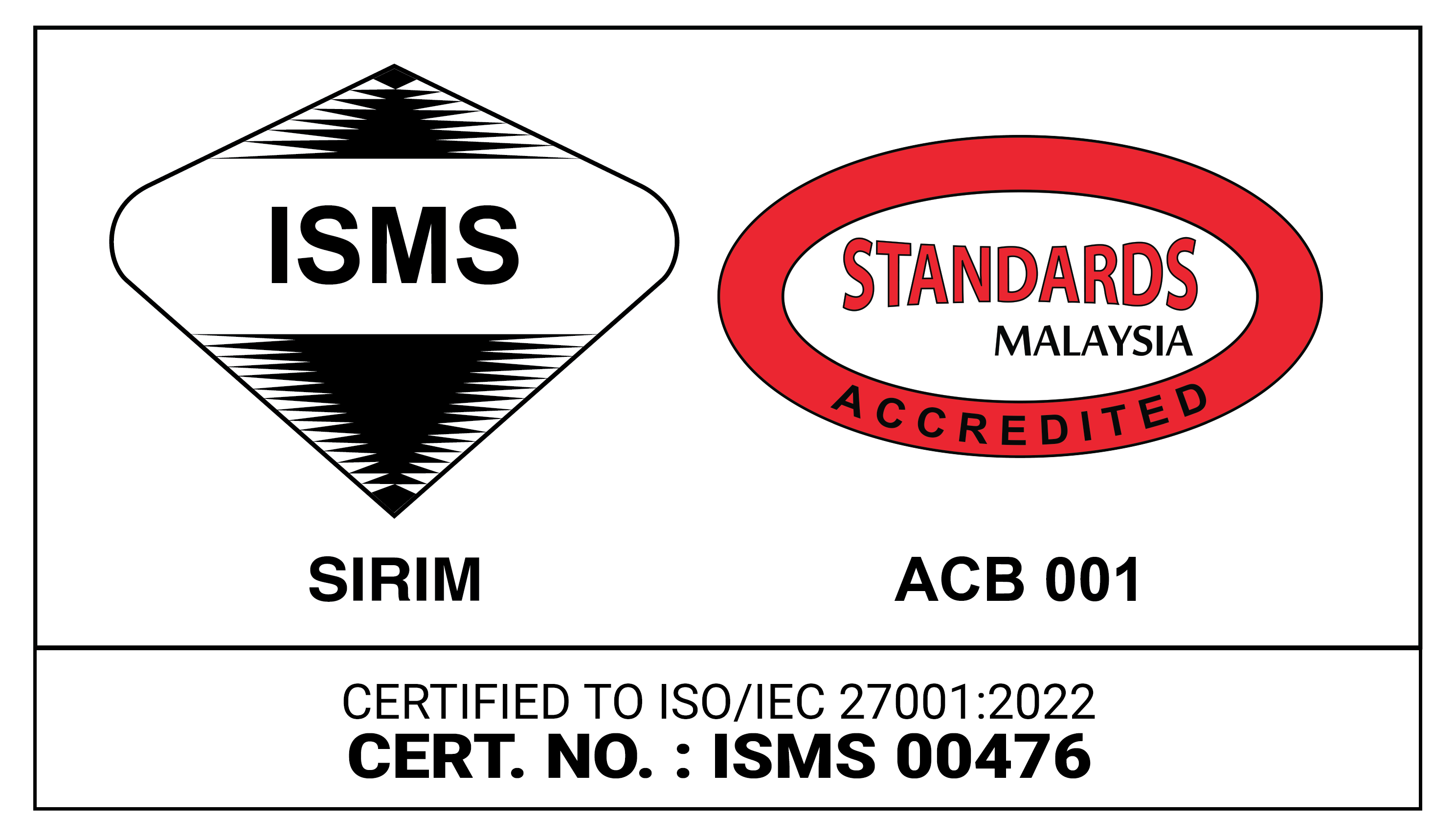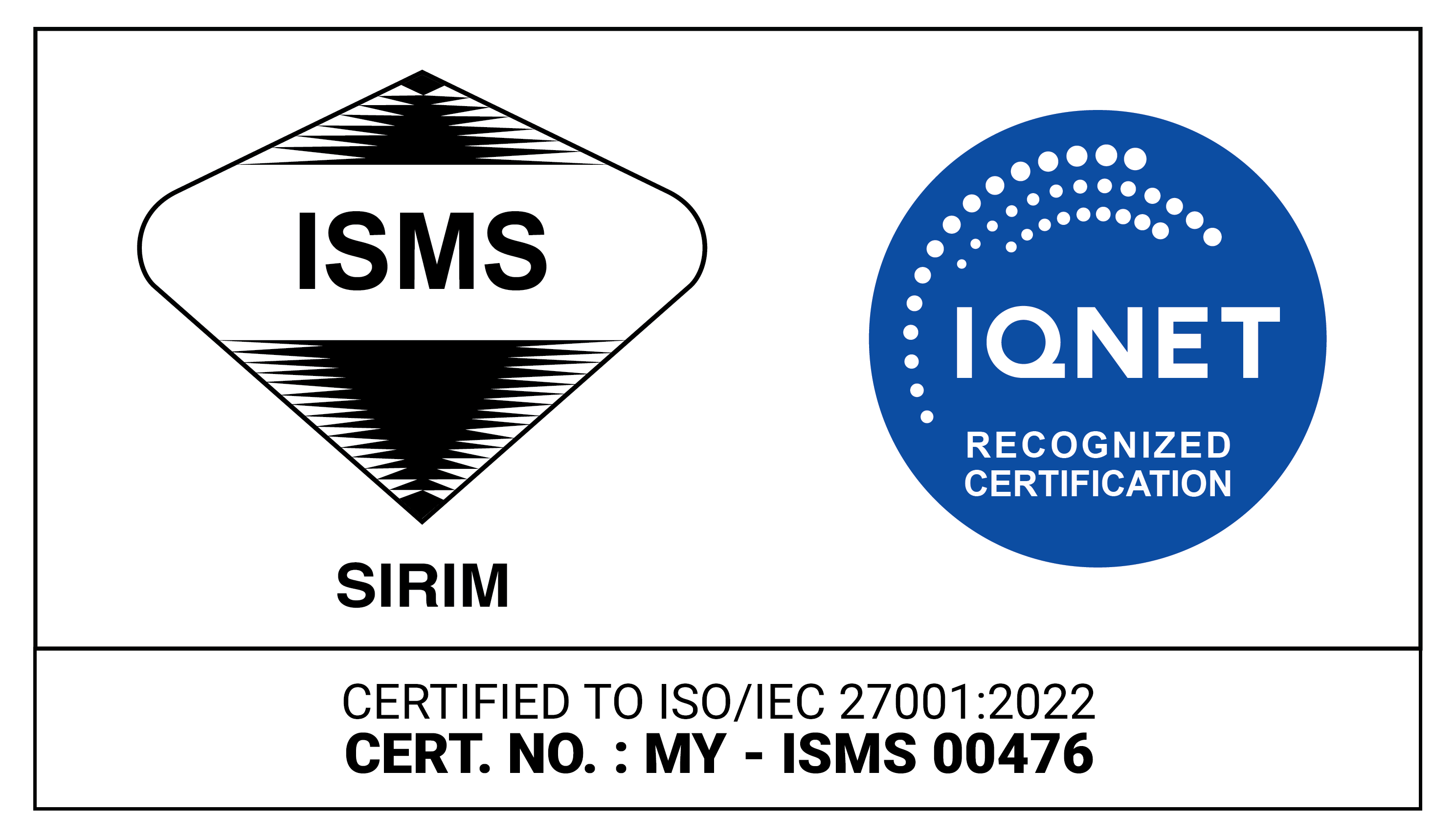NDC is each member country's commitment to the United Nations Framework Convention on Climate Change (UNFCCC) in implementing mitigation efforts through the reduction of greenhouse gas emissions and adaptation to climate change as outlined in the Paris Agreement of 2015. Through the NDC, Malaysia is committed to reducing the intensity of greenhouse gas emissions by 45% by 2030 compared to the emission intensity in 2005. The agribusiness sector plays a significant role in contributing to the achievement of the country's NDC through the implementation of various mitigation programs and initiatives such as biofuel programs, biogas capture from palm oil mill effluent, sustainable commodity certification schemes like the Malaysian Sustainable Palm Oil (MSPO) and Malaysian Timber Certification Scheme (MTCS), as well as limiting the expansion of commodity crop areas. The agribusiness sector contributes to the achievement of the country's SDGs through the implementation of sustainable commodity certification schemes like the Malaysian Sustainable Palm Oil (MSPO), which contributes to Goal 2 of the SDGs (Zero Hunger), and the Malaysian Timber Certification Scheme (MTCS), which contributes to Goal 15 of the SDGs (Life on Land). Additionally, the agribusiness sector contributes to the annual growth of the country's Gross Domestic Product (GDP), which aligns with Goal 8 of the SDGs (Decent Work and Economic Growth). The Regional Comprehensive Economic Partnership (RCEP) is a proposed agreement between member countries of the Association of Southeast Asian Nations (ASEAN) and their free trade agreement (FTA) partners. The agreement aims to cover trade in goods and services, intellectual property, and other areas. RCEP is an ASEAN-driven initiative aimed at integrating the economies of 16 countries in Asia and Oceania. The leaders of the 16 participating countries agreed that RCEP would involve broader and deeper engagement with significant enhancements over the existing ASEAN Free Trade Agreements (FTAs) and Comprehensive Economic Partnership Agreements (CEPs) with these countries. The Regional Comprehensive Economic Partnership was introduced during the 19th ASEAN meeting held in November 2011. RCEP negotiations began at the 21st ASEAN Summit in Phnom Penh, Cambodia, in November 2012. The 16 participating countries include the 10 ASEAN countries, Australia, China, Japan, South Korea, India, and New Zealand. The 16 countries involved in RCEP negotiations contribute to one-third of the world's Gross Domestic Product (GDP) and cover nearly half of the world's population. The combined GDP of China and India alone constitutes a significant portion of the world's GDP. RCEP's presence in the global economy could contribute to half of the estimated $0.5 quadrillion global GDP (PPP) by 2050. RCEP aims to create an integrated market among 16 countries, making it easier for products and services from these countries to be available in the region. Negotiations focus on the following areas: trade in goods and services, investment, intellectual property, dispute resolution, e-commerce, small and medium enterprises, and economic cooperation. RCEP was initiated by the Chinese government in 2012 to counter other existing FTAs at the time, such as the Trans-Pacific Partnership (TPP). The US-led TPP did not include China. However, in 2016, US President Donald Trump withdrew the United States from the TPP. Since then, RCEP has become a primary tool for China to counter US efforts to restrict trade with China. The National Agribusiness Policy (DAKN) and the National Agrofood Policy (DAN) were formulated after the expiration of the National Agricultural Policy in 2010. The National Agribusiness Policy encompasses core policies and strategies for the agribusiness industry, including palm oil, rubber, timber, pepper, cocoa, kenaf, and other commodities that will be identified. In contrast, the National Agrofood Policy is specifically formulated for the agrofood industry, covering livestock, crops, and fisheries.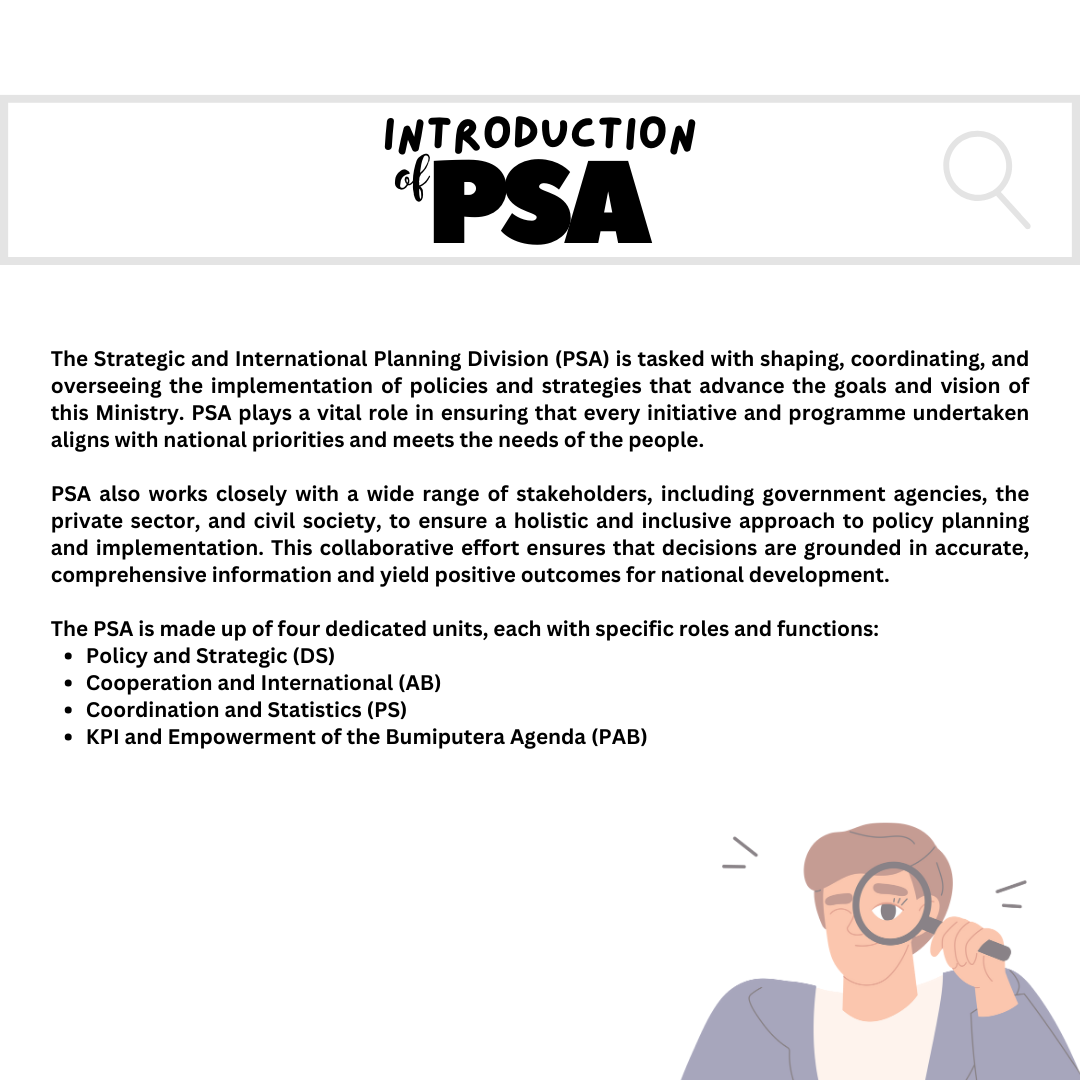
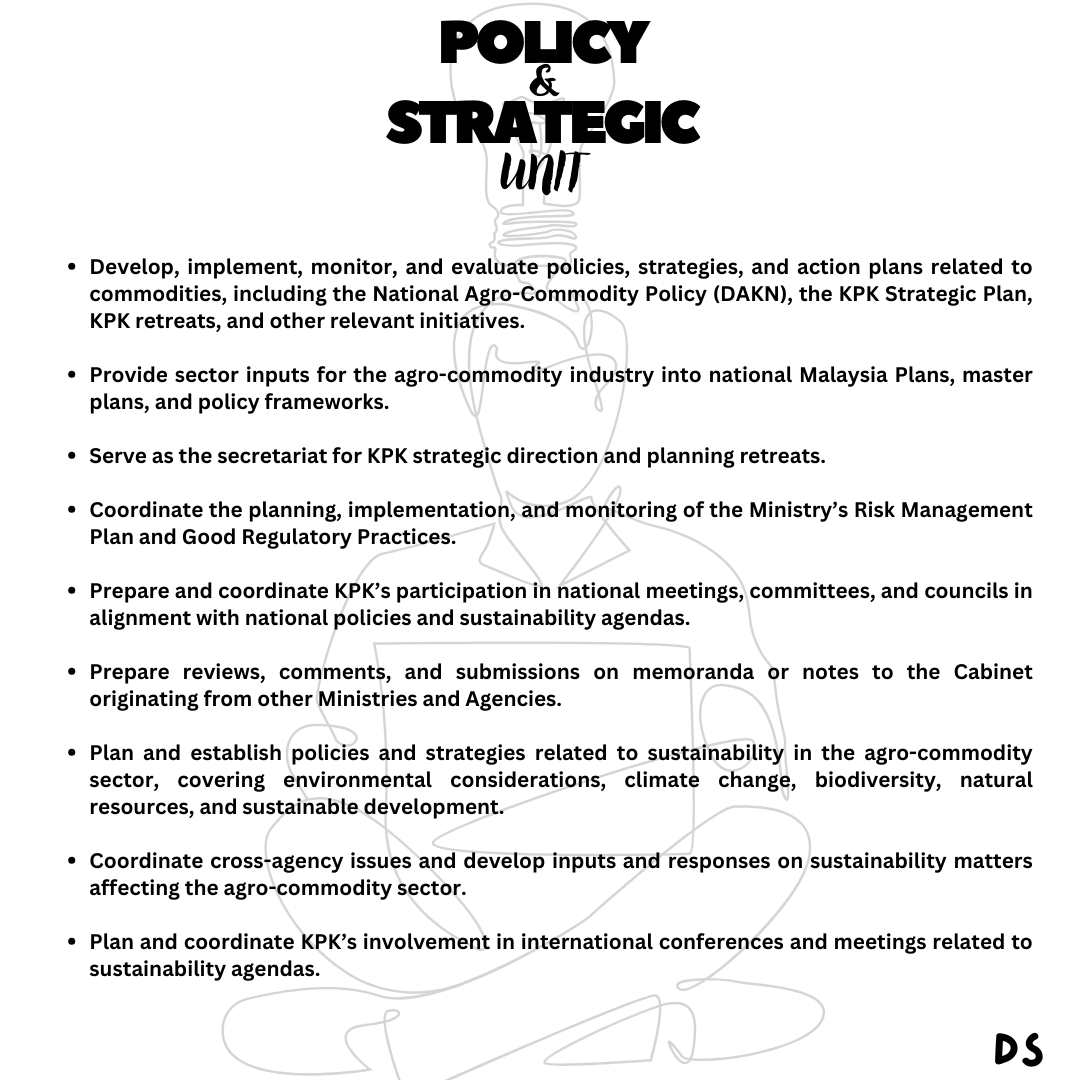
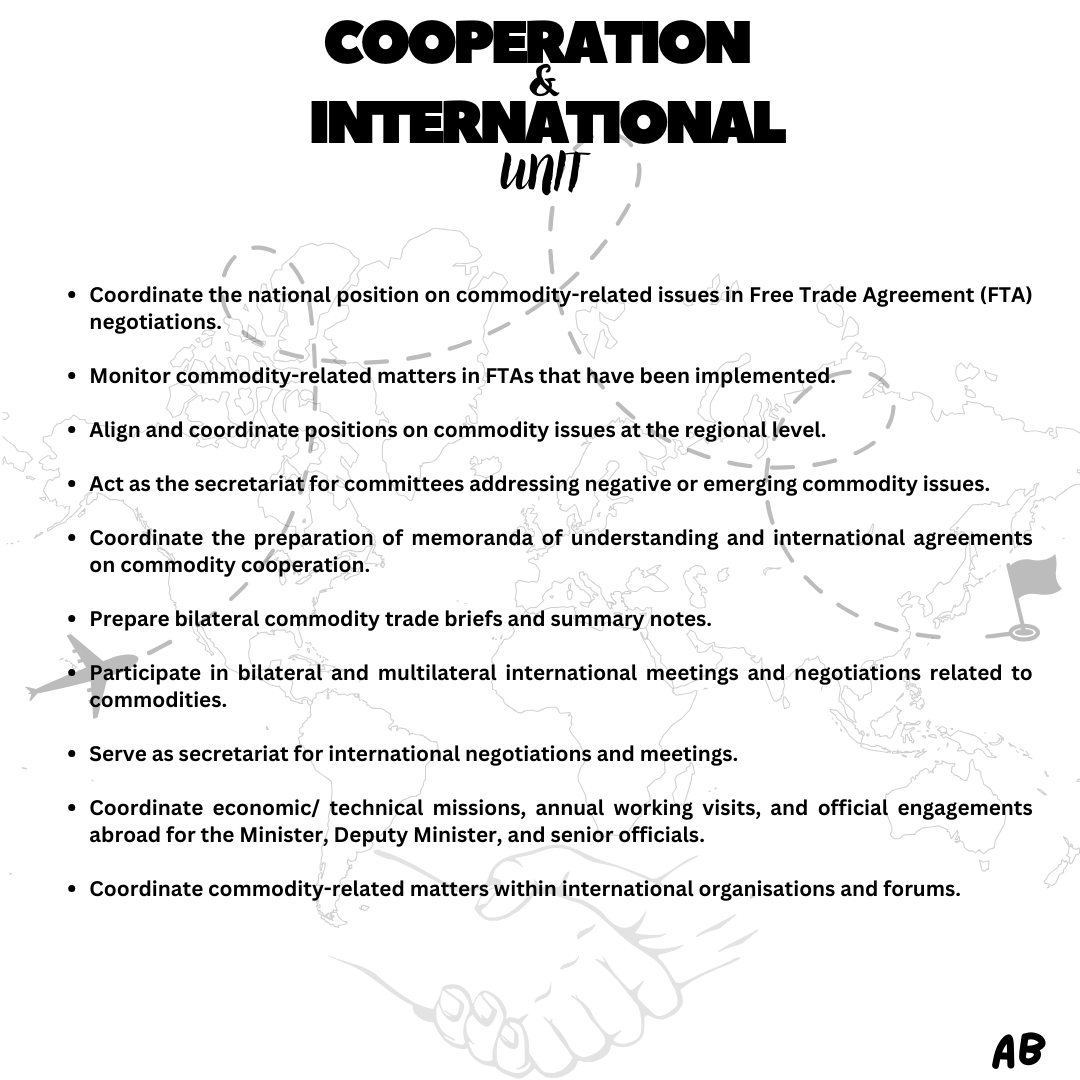
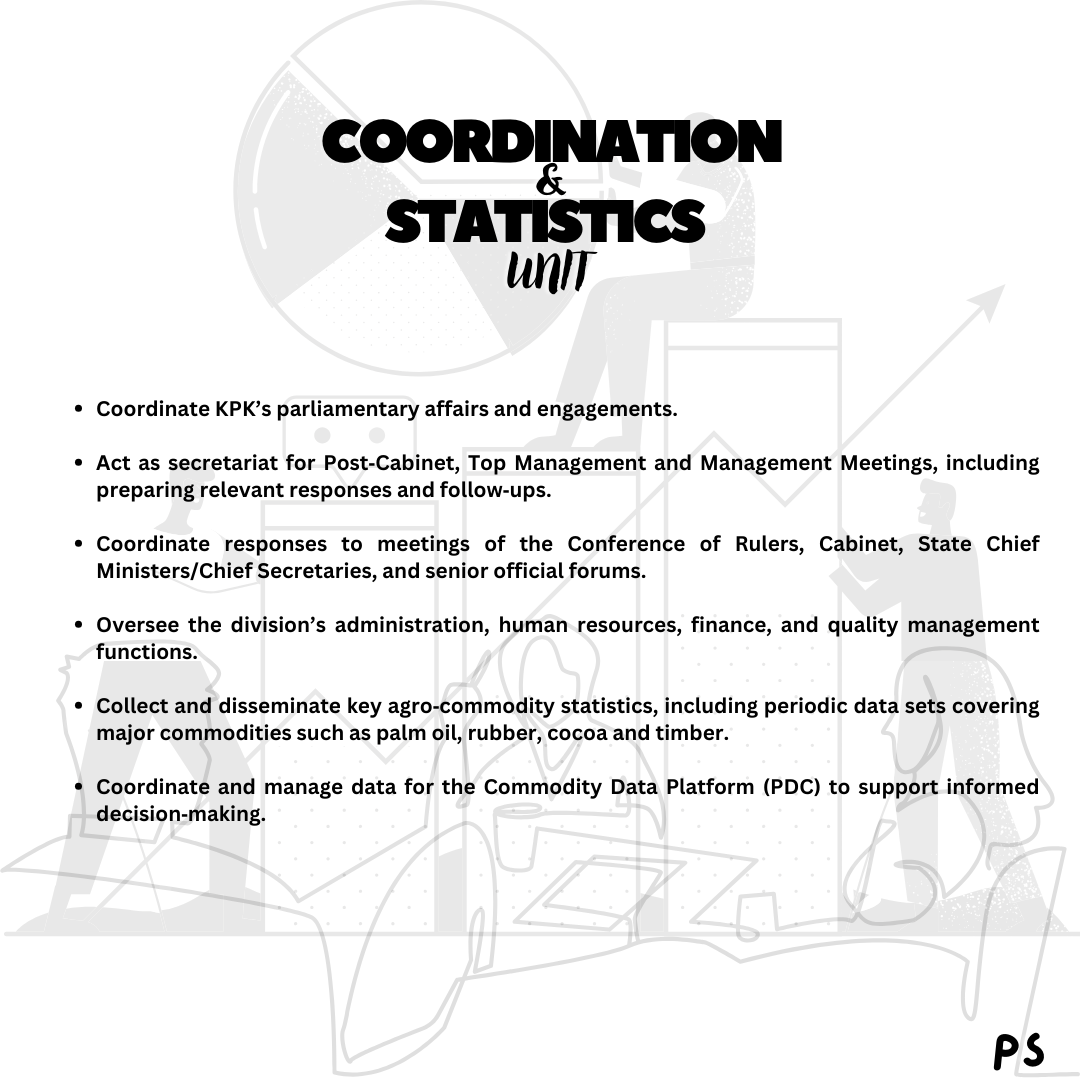
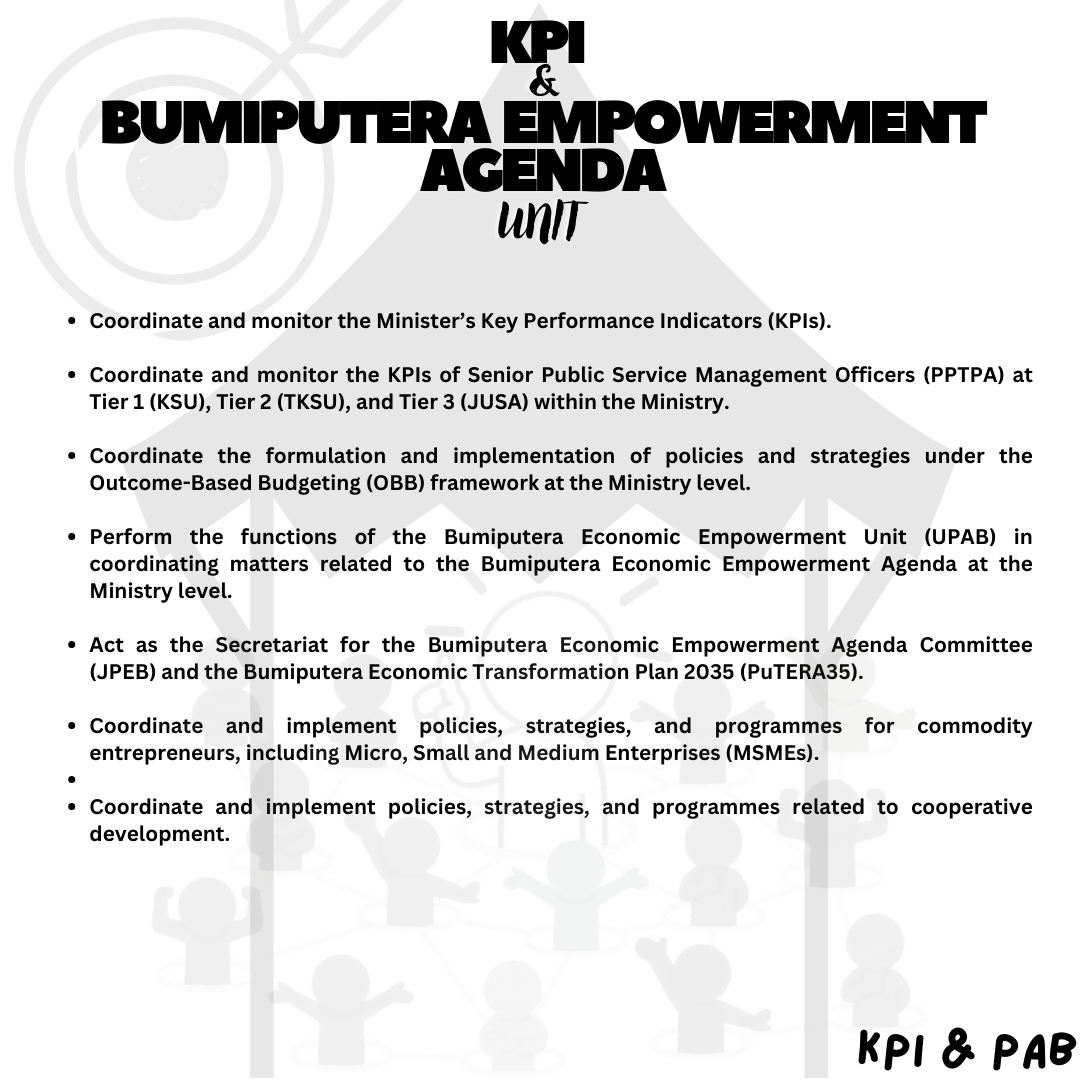
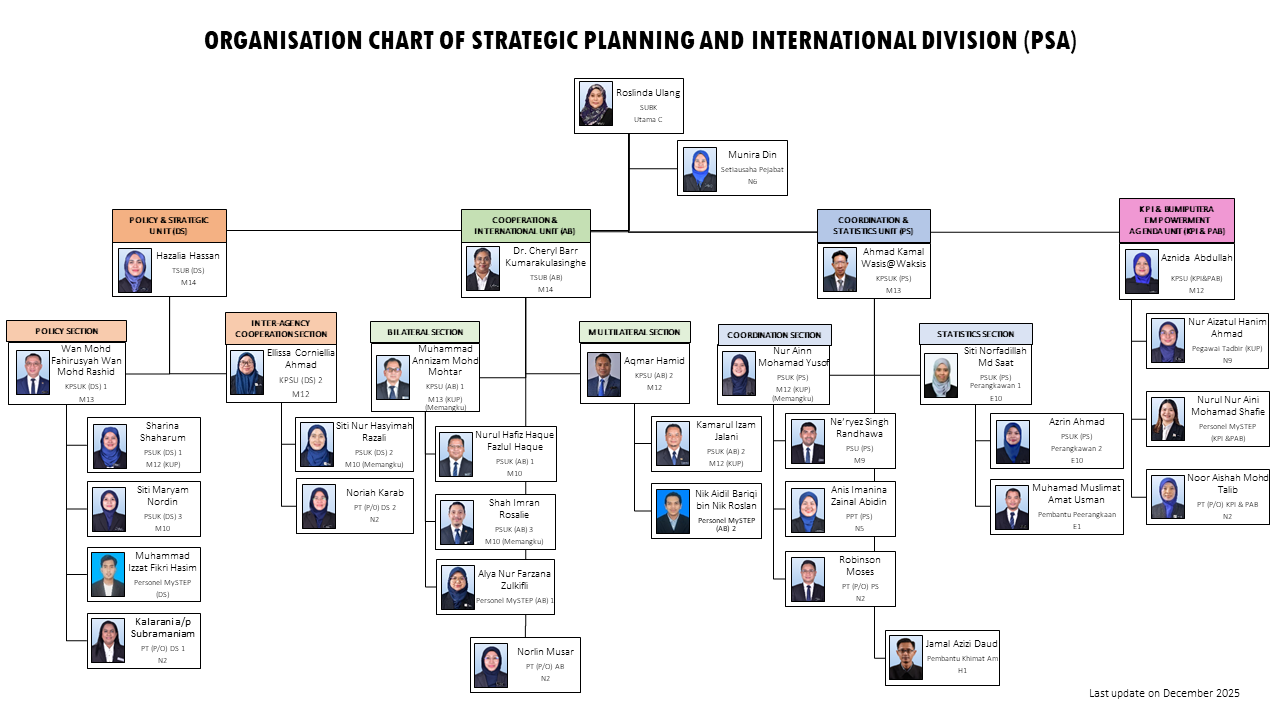
What is the Nationally Determined Contribution (NDC)?
How does the agribusiness sector contribute to achieving the country's Sustainable Development Goals (SDGs)?
What is RCEP?
When was RCEP introduced?
Why is RCEP important?
What are the objectives of RCEP?
China's role in RCEP
Is the National Agribusiness Policy the same as the National Agrofood Policy?







